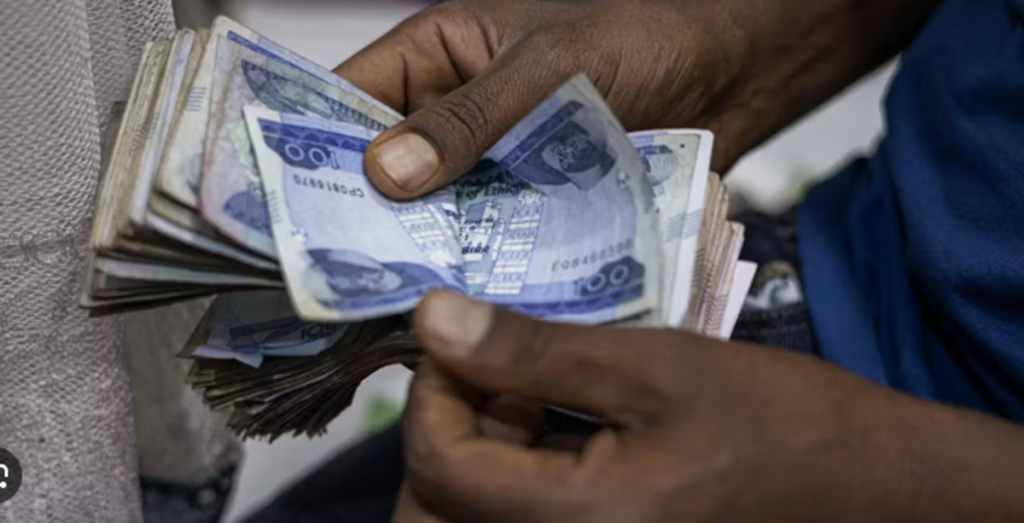Ethiopia made the difficult choice to allow its currency to float freely against the dollar on July 30, causing the birr to lose one-third of its value overnight.
The birr’s decline has persisted, with it now taking 112 birr to purchase $1, compared to 55 birr before the adjustment.
The government had limited options, as its exports, primarily flowers, tea, and coffee, only generated $11 billion last year, while imports, including food, machinery, and fuel, amounted to $23 billion.
Ethiopia was left with just enough dollars to cover two weeks of imports prior to the currency reform.
International investors had long contended that pegging the birr to the dollar was not sustainable.
Ethiopia’s acceptance of the inevitable and the liberalisation of the currency were conditions for receiving a $3.4 billion aid program from the International Monetary Fund (IMF) and a $1.5 billion financing plan from the World Bank.
However, for ordinary Ethiopians, many of whom live below the poverty line of $2.15 a day, the impact has been challenging.
One shopper at Merkato, while purchasing a few tomatoes and school books for his children, noted that prices had increased by a third across the board.
“We have family who live abroad who can send us foreign currency,” said Abrish, a civil servant whose name has been changed due to his concerns about criticising the government.
“Without it we could not survive.”
The nation, with a population of 120 million, has been experiencing significant inflation, which hit 30% in 2022. This was a result of the compounded effects of the COVID-19 pandemic, the conflict in Ukraine, an intense drought, and the ongoing devastating conflict in the Tigray region.

